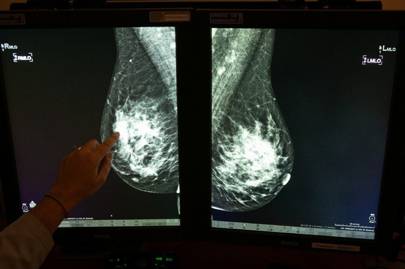UK and US researchers, discovered that Google AI could improve the diagnosis of breast cancer.
This investigation published in Nature magazine, scientists showed that AI will be the perfect tool in the future in breast cancer diagnosis, disease that affects 1 of 20 women worldwide.
The researchers team included ones from Imperial College London National Health Service and required the development o fan AI learning system developed with Google’s DeepMind.
To test the system 25,865 mammograms of women from the UK and 3,097 from the US, were collected. To apply the tests to Google’s AI system, 500 cases were taken randomly to be interpreted by a group of six radiologists and by the AI system separately, and took the original assessments of the cases mentioned.
The results showed positive progress. The study suggests that the AI learning system is able to improve the diagnoses of the radiologists themselves, as the number of false positives was reduced by 5.7%in the US group and by 1.2% in the British group, regarding the analyses done by radiologist team.
Another condition in which the Google’s system overpassed humans was on the false negative reduction in which it gained 9.4% and 2.7% in the UK and US respectively.

The conclusion they noted in the publication was that “This robust assessment of the AI system paves the way for clinical trials to improve the accuracy and efficiency of breast cancer screening.”
Even though the study didn’t include all kind of diagnostic technologies for this disease, it opened a door for future research and applications of AI in the disease prevention and early detection.
THE DAY
THE VANGUARD





